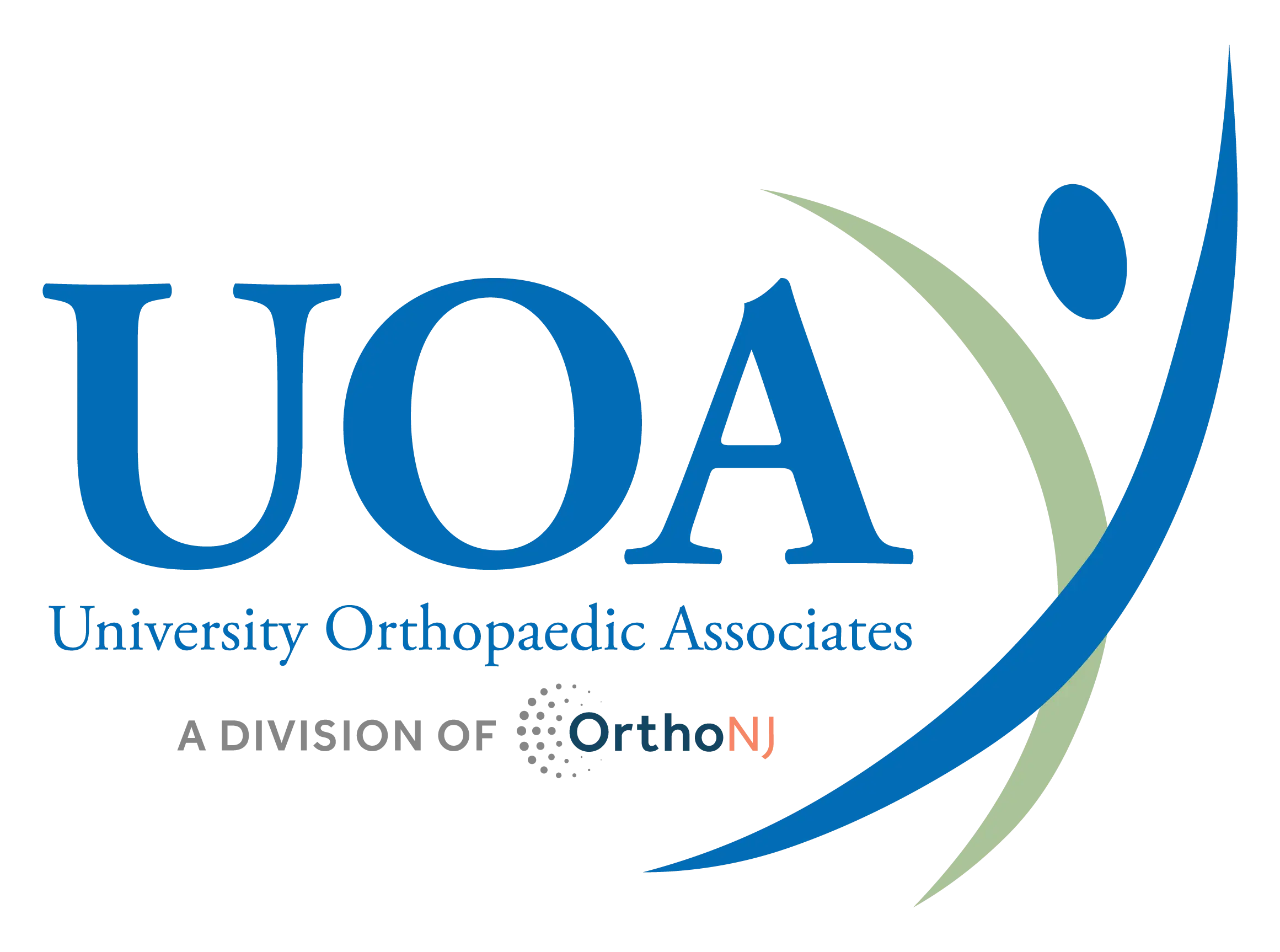A concussion is a mild brain injury. It occurs due to a sudden blow to the head or when the body is shaken, causing the brain to move. This can temporarily affect how the brain functions.
Signs of Concussions
A concussion can affect people differently. In some cases, symptoms may appear right away, while in others, they may develop hours or even days later. Here are common signs to watch for:
- Headache
- Dizziness
- Balance problems
- Vision issues
- Nausea or vomiting
- Confusion
- Memory issues
- Sensitivity to light or noise
- Slurred speech or delayed responses
- Fatigue
- Mood changes
- Trouble sleeping or sleeping more than usual
Diagnosis of Concussions
There is no single test that can confirm a concussion. We usually rely on a combination of medical history and a physical exam. Here are the main steps involved:
- Medical and symptom review: Our specialists will ask about how the injury happened, when symptoms began and the types of symptoms you experience.
- Neurological exam: This checks reflexes, balance, coordination, vision and strength to see how well the brain and nervous system are working.
- Cognitive testing: Used to measure memory, concentration and recall. We may ask patients to recall a short list of words, repeat numbers backward or perform tasks that require focus.
Treatment Options
A concussion treatment focuses on allowing the brain time to heal and managing symptoms. Since each case is different, we personalize care to the individual’s needs.
- Initial rest: Physical and mental rest are important for the first 24 to 48 hours. This means avoiding strenuous exercise, limiting screen time and reducing activities that require intense concentration, such as reading.
- Gradual return to activity: After the initial rest, light activities can be introduced. This depends on how the body responds.
- Pain management: Over-the-counter medications such as acetaminophen and ibuprofen may be used to manage headaches. In more severe cases, a physician may recommend prescription medications to help relieve concussion-related headaches.
- Symptom-specific care: Vision therapy, vestibular rehabilitation (for balance and dizziness) or cognitive therapy may be recommended if symptoms persist.
- Monitoring and follow-up: Regular check-ins will help track recovery and adjust treatment.
Return-To-Play
Recovery from a concussion varies from person to person, depending on the severity of the injury, age and overall health. Most people start to feel better within 5 to 14 days, but some may take several weeks or longer.
You should only return to activity when concussion symptoms have resolved. Resuming too soon increases the risk of a second injury, which can be more severe and slow down healing.
The safest way to resume activity is by following a guided concussion return-to-play protocol:
- Aerobic exercise: Start with light activity such as walking or stationary cycling to gently raise your heart rate without putting stress on the head.
- Sport-specific exercise: Move on to simple, non-contact drills that mimic your sport. This allows you to test coordination and movement.
- Non-contact training drills: Add more complex practice activities with increased intensity while still avoiding contact.
- Full practice: Return to normal training activities under medical clearance.
- Return to competition: Once you have successfully completed all stages without symptoms, you may safely return to full gameplay.
Get Quality Care at UOA
At University Orthopaedic Associates, we offer personalized treatment and return-to-play rehab plans for concussions. Our non-operative sports medicine specialists ensure an accurate evaluation and design effective treatment plans that support a safe and confident return to your activity.
Get in touch to schedule your appointment.




